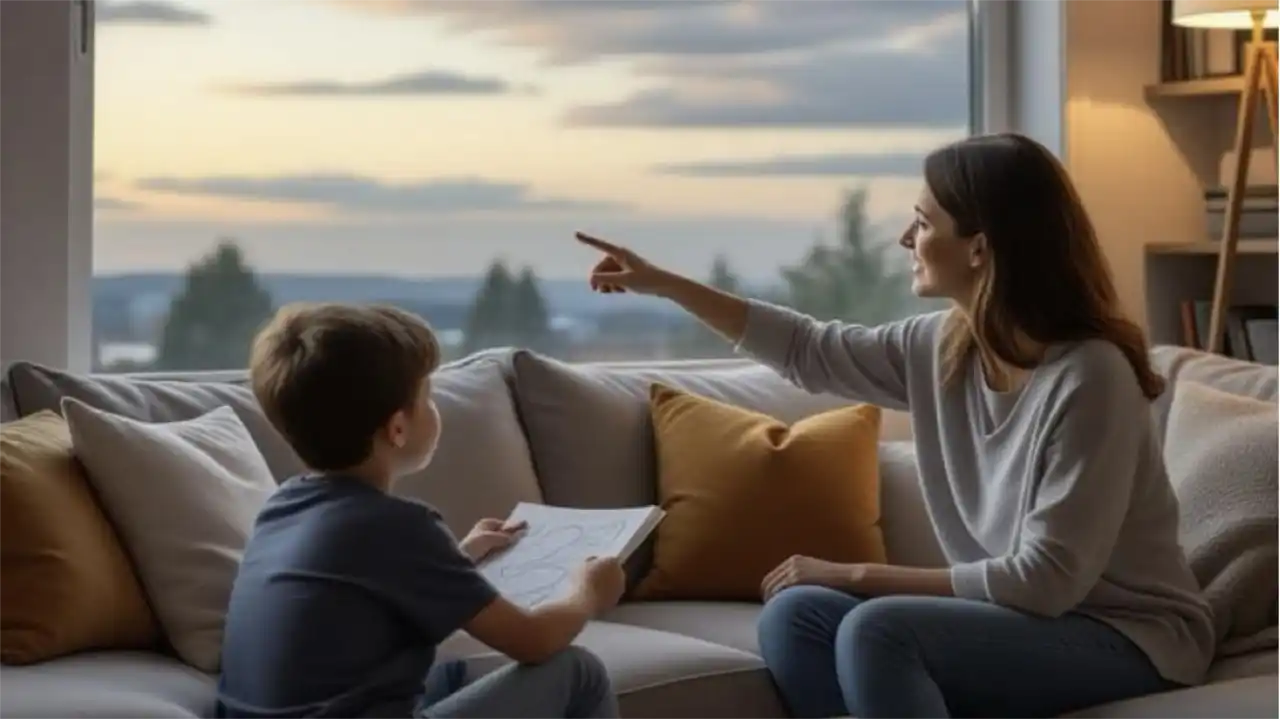
Sparking Wonder: Share Your Wonders
C
hildren aren’t the only ones who wonder. If they hear you ask questions, follow a hunch, or think aloud about something strange or beautiful, they’ll learn that curiosity doesn’t disappear with age. If you talk like you already know everything, they may admire your knowledge—but they won’t feel as free to wonder themselves. But if they see you notice something odd and admit that you don’t understand it yet, they’ll begin to trust that not knowing is part of the process.
I once found myself staring out the window, watching clouds move in layered sheets—gray on top, silver below—each set drifting in a different direction. “How can the wind do that?” I asked aloud, not expecting an answer. My son was nearby, drawing. He looked up and said, “Maybe the top air is stronger?” I agreed it could be. We sat together for a moment, wondering about air currents and cloud height. Days later, he brought it up again—he’d read something in a book and wanted to compare it to what we’d guessed. My question had stayed with him because it was real. It hadn’t been a setup to teach—it had been a moment to think.
Children learn from how we respond, not just what we say. When you share your questions openly, you show that thinking doesn’t end when you become an adult. Try saying, “I’ve always wondered why…” or “I’m not sure how that works—what do you think?” Let your child see that curiosity isn’t something they’re being asked to develop—it’s something they’re being invited into. When they see that you’re still wondering too, they’ll be more likely to keep their own questions alive.
Sparking Wonder
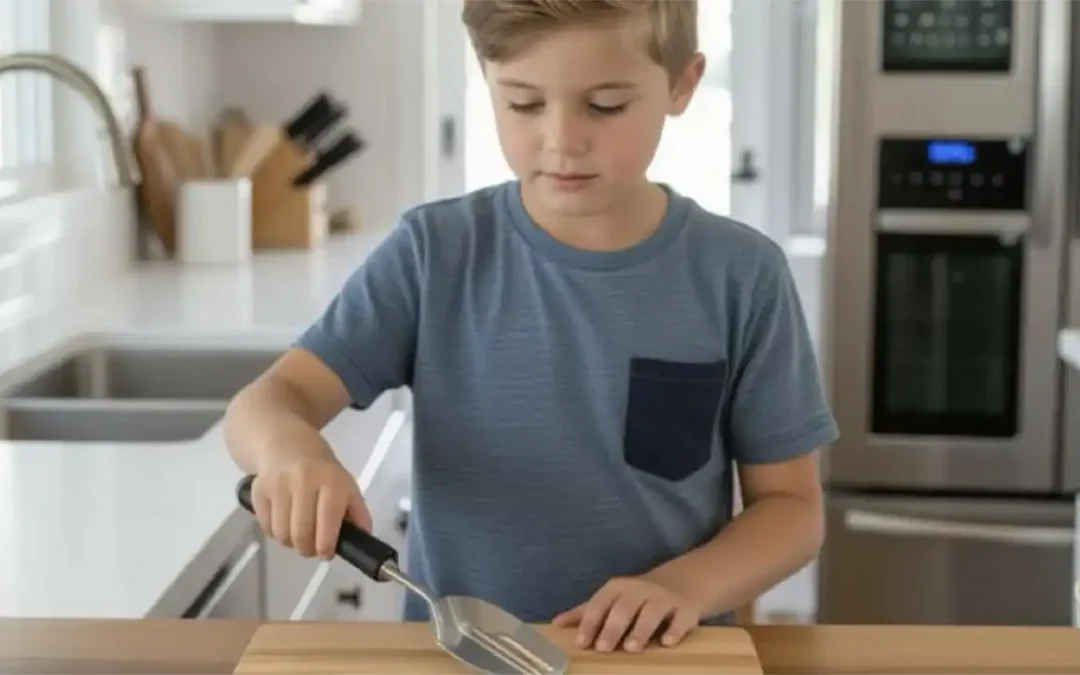
Sparking Wonder: Encourage Their Guesses
Guessing invites playful reasoning. Support children as they make predictions, explore ideas, and learn from discovery.

Sparking Wonder: Celebrate Their Marvels
Celebrate the wonders children discover. Encouragement strengthens curiosity, emotional connection, and joyful learning.
Table of contents

Primordial Soup for the Mind: Navigation
Navigate the book Primordial Soup for the Mind.
TIPS
- Let your child hear you wonder about real things.
- Be honest when you don’t know something.
- Speak as a fellow thinker, not just a teacher.
ACTIVITIES
- Curiosity Swap: At dinner or bedtime, each of you name one thing you wondered about today.
- Question Wall: Keep a running list of open questions in a shared space. Add to it when something curious pops up.
EXAMPLE
During a storm, I asked aloud how clouds could move in opposite directions. My son guessed, then looked it up days later. My wonder had stuck with him—because it hadn’t been forced.

Download “Primordial Soup for the Mind: A Parent’s Guide to Nurturing Intellectual Growth”
Enter your information to get this article and hundreds more as part of the FREE book Primordial Soup for the Mind.
Share your thoughts with the Thought Academy community in the Comments section below.

Sharpen those skills!
Enter your information to get our FREE practice exercises so you can hone your critical thinking and reasoning skills!



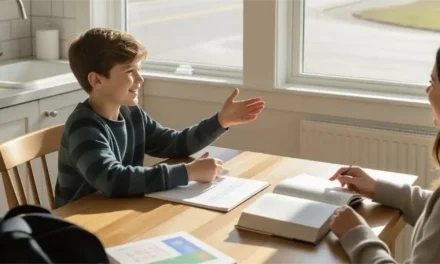
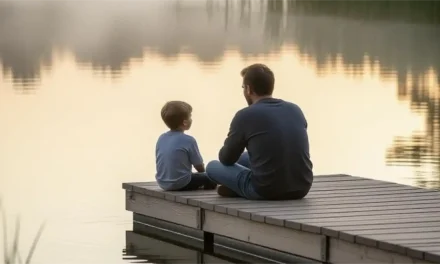
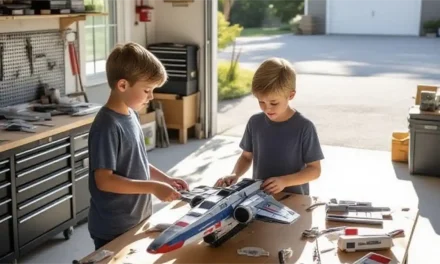

0 Comments